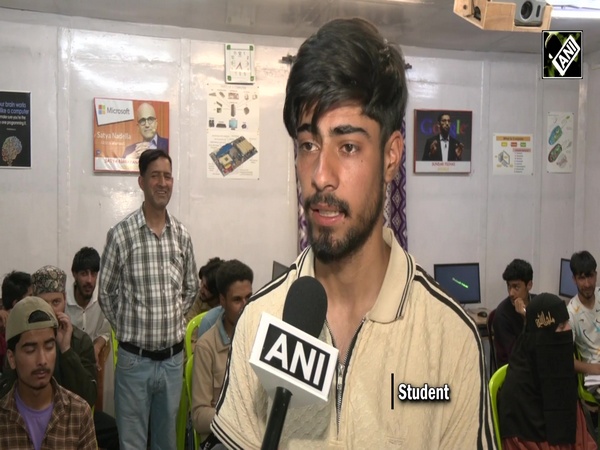India's oilmeal exports decline amid global trade challenges
Jun 18, 2024

New Delhi [India], June 18 : India's oilmeal exports showed a significant decline of 17 per cent in the the first two months of the financial year 2024-25, indicating broader issues in the agricultural trade sector.
Recent data from the Solvent Extractors' Association of India (SEA) showed India exported 7.67 lakh tonnes of oilmeal during April-May 2024-25 against 9.30 lakh tonnes in the corresponding period of 2023-24.
This decline has been primarily attributed to a drop in the export of key products such as rapeseed meal and castorseed meal.
In May 2024 alone, oilmeal export volumes were reported at 302,280 tons, a sharp decline of 31 per cent from 436,597 tons in May 2023.
One of the main reasons for this decrease is the reduced demand for Indian oilmeals from major importers such as South Korea, Thailand, Vietnam, and Bangladesh.
South Korea imported 166,583 tons of oilmeals, down from 189,705 tons the previous year.
Vietnam's imports saw a drop from 142,285 tons to just 32,699 tons, while Thailand's intake fell from 152,053 tons to 57,390 tons.
Bangladesh imported 139,006 tons, compared to 193,606 tons during the same period last year.
The most notable drop has been in rapeseed meal exports. Vietnam, which imported 142,285 tons last year, significantly reduced its intake to just 32,699 tons.
Similarly, Thailand's imports of rapeseed meal fell from 152,053 tons to 57,390 tons. This decline in demand for rapeseed meal, a major export commodity, has had a significant impact on overall oilmeal exports.
Another critical factor affecting the oilmeal export market is the government's prohibition on the export of de-oiled rice bran, a key component in animal fodder.
India typically exports between 500,000 to 600,000 tons of de-oiled rice bran to countries such as Vietnam and Thailand.
However, an export ban imposed in July last year due to high fodder prices has significantly disrupted this trade.
The SEA has called on the government not to extend this ban beyond July 31, 2024, citing a sharp fall in de-oiled rice bran prices and the increased availability of alternative feed components like DDGS (Distillers Dried Grains with Solubles).
The SEA has highlighted the urgent need for policy adjustments to address the challenges facing the oilmeal export sector.
The association's appeal to lift the export ban on de-oiled rice bran is seen as crucial for revitalising India's position as a reliable supplier in the global market.
The Indian government's actions in the coming weeks will be pivotal in determining the future trajectory of oilmeal exports and the overall health of the agricultural sector.




















